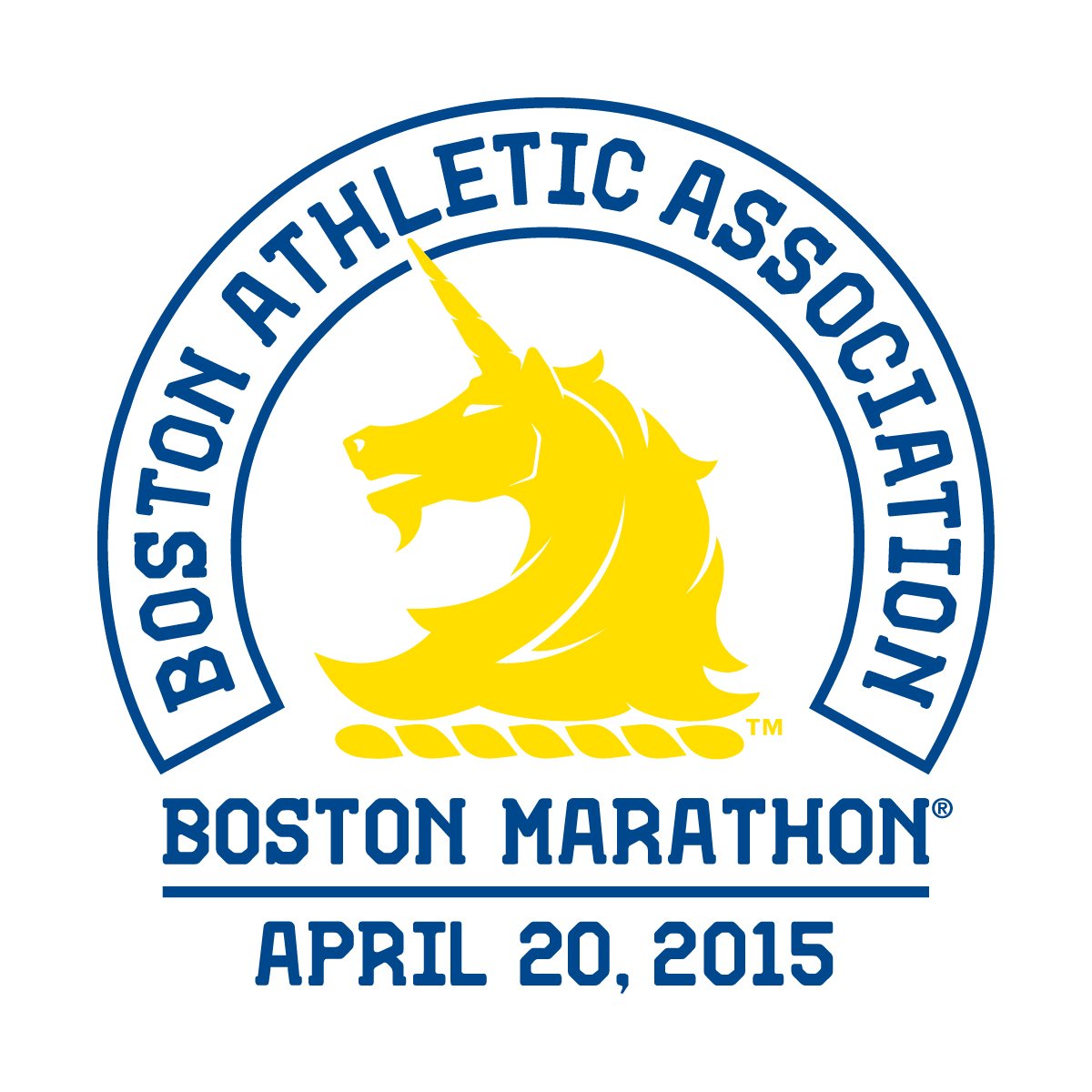RRW: Without Pacemakers, Boston Marathon Shrugs Off Tyranny of Time
By David Monti, @d9monti
(c) 2015 Race Results Weekly, all rights reserved
April 17, 2015
BOSTON — Among the impressive elite field of 20 men and 14 women recruited by the staff of John Hancock Financial for Monday’s 119th Boston Marathon here, there is one kind of athlete observers won’t see: pacemakers.
The Boston Marathon has shrugged off the tyranny of time.
Like the other Abbott World Marathon Majors marathons at the Olympic Games, World Championships and New York City, Boston is held under championships conditions without the benefit of pacemakers, athletes contracted to run a prescribed pace for only a portion of the race before dropping out. Pacemakers have become ubiquitous at modern marathons as more and more race organizers desire faster winning times, national and world records, and the media and fan attention that they might bring.
For marathon athletes, running a race with pacemakers is vastly different than running under championships conditions which require finely honed racing skills, not just the ability to run fast.
“My only paced race was Berlin and you’re right: it’s totally different,” the fastest American woman entered here, Shalane Flanagan, told Race Results Weekly in an interview. “I went in and I didn’t have to think. I didn’t have to use my brain. I literally just went in, locked in to my pacesetters, and just hung on for this train ride as long as I could.”
In that race last September, Flanagan was trying to break Deena Kastor’s absolute American record of 2:19:36. She was on schedule through the first half (1:09:38), but faded in the final kilometers to finish in a career best 2:21:14. She found the experience satisfying, but said she relishes the traditional head-to-head racing featured in Boston which she compared to a fist fight.
“I will say I enjoy, kind of like this match-up, like a boxing fight, when you come to an unpaced race,” Flanagan, 33, continued. “It’s more exciting for the fans, and I think it is more exciting as a competitor. You have to come out, and there is strategizing, there’s thinking. It’s a lot more exhausting. But, overall, I think it yields a much more entertaining race.”
In last year’s Boston Marathon, Flanagan ran aggressively, leading much of the race before fading to finish seventh in 2:22:02, the fastest-ever performance by an American woman in Boston. Flanagan, who went through the first half in 1:09:27, said she was testing the other athletes and trying to win from the front.
“I was hoping to steal the race the way (men’s winner) Meb (Keflezighi) did,” Flanagan said of her strategy at Boston last year. “I was hoping to get away. I was hoping they would think, ‘this girl is crazy, let her go.’ I was hoping to build a really big lead and steal the race. However, they did not give me an inch. I maybe should have midway or part of the way should have tucked in at some point. But, I felt like, you know what? I started the race this way, and I’m stubborn, and I’m going to run 2:22. Maybe that’s good enough.”
While not openly resenting the rise of pacemaking, four-time Boston and New York City Marathon champion Bill Rodgers, feels that it has dulled the racing senses of current athletes and has done little to improve the appeal of the sport.
“I don’t think it’s a lost art but, obviously, some of the big races, flatter races that are very time-conscious are pushing the pacers,” Rodgers said in an interview here today. “I don’t mind the pacers, but I think that real marathoning would not include the pacers because what really counts is not your time, but your victory.” He continued: “All records fall, but your victories are forever.”
Rodgers, now 67, said that he had never run in a marathon with pacesetters.
“There were no pacemakers,” Rodgers said shaking his head and smiling. “We didn’t even have watches.”
Like Rodgers, Ethiopian Gebre Gebremariam –who won the TCS New York City Marathon in 2010 and has racked up four Abbott World Marathon Majors podium finishes– has never run a marathon with pacemakers, a rarity in the modern era. He relishes the championships format, he said.
“When you see the races with pacemakers, you can run one speed and you have to perform one thing,” Gebremariam explained in an interview. “But Boston and New York, they haven’t pacemakers, you have run five, six races within one race. You have to use your mentality when you run in such kind of races. It’s a huge difference.”
Kevin Hanson, who coaches the #2 American woman in the race, Desi Linden, said that the sport needs to get back to emphasizing head-to-head racing, and that chasing fast times has hurt, rather than helped, marathon racing.
“I think that the chasing of world records in so many of the major marathons has hurt racing itself because there is only one goal,” Hanson told Race Results Weekly. “You see people disappointed nowadays with a ‘lousy’ 2:04:30, or something like that.” He continued: “Seeing people race head-to-head means way more.”



